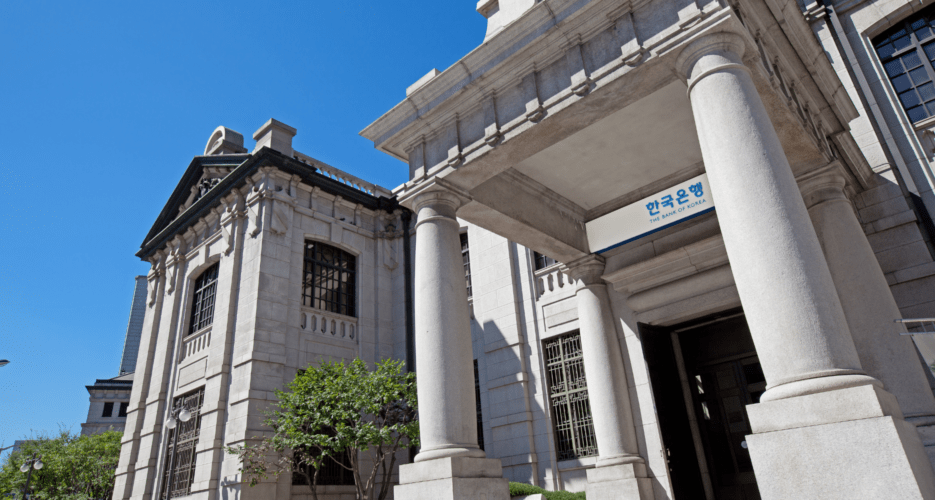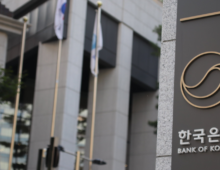A recent survey by the Bank of Korea (BOK) indicates that domestic banks in South Korea will continue to exhibit a lenient approach toward extending loans to small and medium-sized enterprises (SMEs) and households in the third quarter of the year due to relaxed lending restrictions. However, banks are projected to adopt a more stringent stance when dealing with large corporations. On the other hand, non-banking financial institutions are expected to demonstrate a hardened attitude toward most business sectors, with credit card companies being the notable exception.
However, the survey highlights a potential increase in credit risks for SMEs in the third quarter due to a decline in some vulnerable industries and small business operators’ repayment capacity due to the BOK’s rate hikes to control inflation. Concerns over the cessation of COVID-19 financial support in September also contribute to this anticipated risk elevation. Simultaneously, household credit risk is also expected to experience an uptick compared to the previous quarter. Despite these risks, the BOK has kept its key interest rate unchanged at 3.5%, marking the fourth consecutive rate freeze after seven consecutive rate hikes from April 2022 to Jan. 2023.
A recent survey by the Bank of Korea (BOK) indicates that domestic banks in South Korea will continue to exhibit a lenient approach toward extending loans to small and medium-sized enterprises (SMEs) and households in the third quarter of the year due to relaxed lending restrictions. However, banks are projected to adopt a more stringent stance when dealing with large corporations. On the other hand, non-banking financial institutions are expected to demonstrate a hardened attitude toward most business sectors, with credit card companies being the notable exception.
However, the survey highlights a potential increase in credit risks for SMEs in the third quarter due to a decline in some vulnerable industries and small business operators’ repayment capacity due to the BOK’s rate hikes to control inflation. Concerns over the cessation of COVID-19 financial support in September also contribute to this anticipated risk elevation. Simultaneously, household credit risk is also expected to experience an uptick compared to the previous quarter. Despite these risks, the BOK has kept its key interest rate unchanged at 3.5%, marking the fourth consecutive rate freeze after seven consecutive rate hikes from April 2022 to Jan. 2023.
Get your
KoreaPro
subscription today!
Unlock article access by becoming a KOREA PRO member today!
Unlock your access
to all our features.
Standard Annual plan includes:
-
Receive full archive access, full suite of newsletter products
-
Month in Review via email and the KOREA PRO website
-
Exclusive invites and priority access to member events
-
One year of access to NK News and NK News podcast
There are three plans available:
Lite, Standard and
Premium.
Explore which would be
the best one for you.
Explore membership options
© Korea Risk Group. All rights reserved.
No part of this content may be reproduced, distributed, or used for
commercial purposes without prior written permission from Korea Risk
Group.












